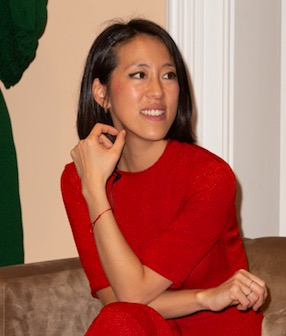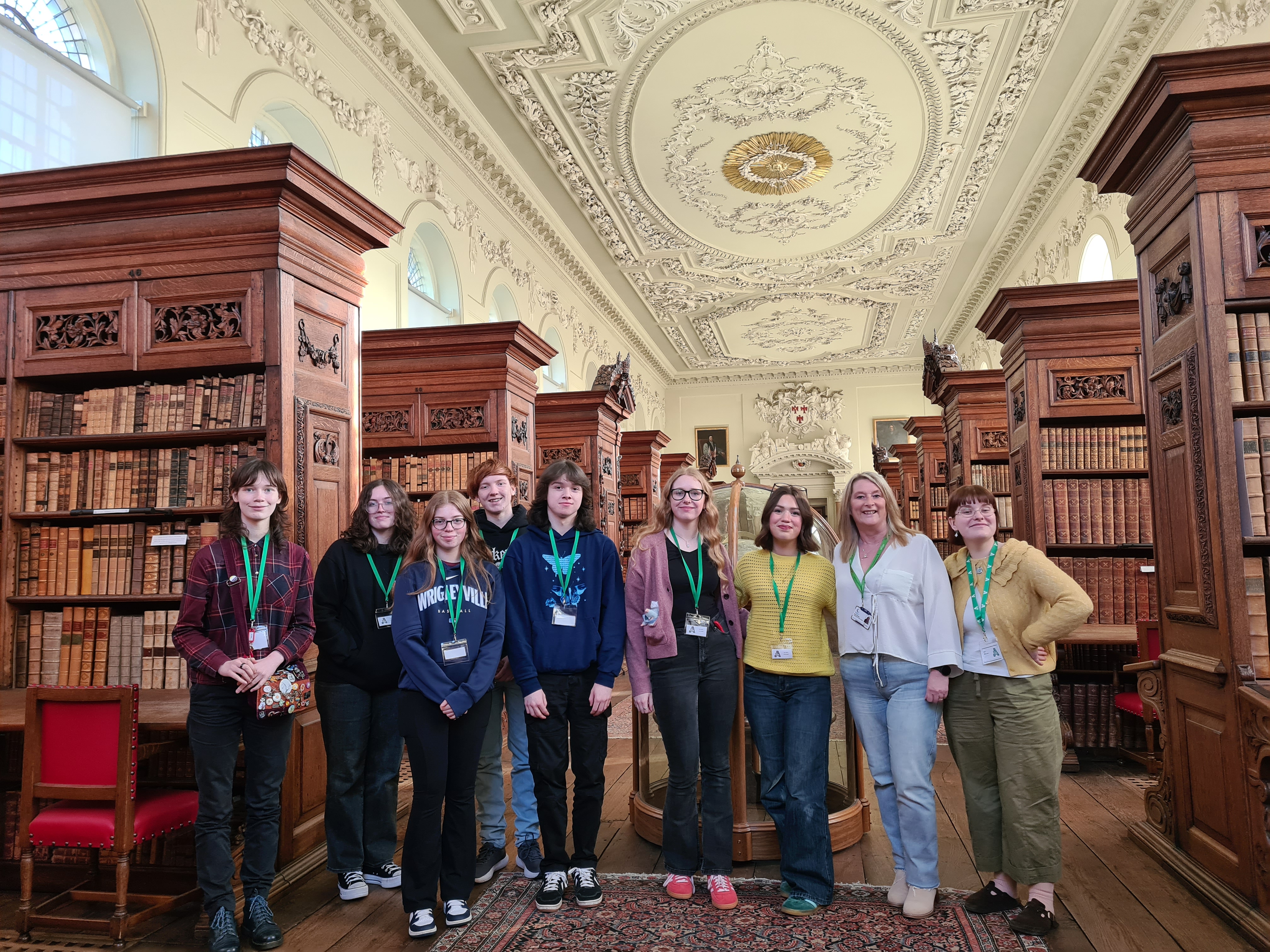Helena Lee, Classics (2000) and features director at Harper’s Bazaar, will be speaking at this year’s Oxford Literary Festival about her book East Side Voices, a bold first-of-its-kind collection of essays and poetry from the East and Southeast Asian diaspora living in Britain today. We asked her to tell us more about the book.
Can you tell us how your anthology East Side Voices came about?
I launched East Side Voices initially as a cultural salon at the Standard Hotel in London. It was launched out of frustration with the damaging representation of those of East and Southeast heritage in Britain – often objects of mockery, or written out of domestic dramas and news agendas completely. Asians are either the computer nerd, the villains, or the joke – like the silent girl in the film Pitch Perfect, never the lead, never a real three-dimensional character. This systemic lack of representation has meant there is an otherness to an Asian face, and therefore there is a huge empathy gap. This has been especially damaging during the pandemic. 33% of images used to convey news about the pandemic used images of East and Southeast Asians, and the anti-Asian rhetoric from people like Donald Trump stoked a culture of othering and real division. Violence against those of Asian heritage has been woefully underreported because news outlets don’t give it as much importance. So I wanted to amplify stories about British East and Southeast Asians and open people’s eyes with empathy and insight. The salon began with once-a-month meets with prize-winning authors and fashion designers, but then the pandemic came in, so it turned into an anthology of essays with writers contributing such as the actor Gemma Chan, the nurse and poet Romalyn Ante, former refugees, and the Costa Prize-winning poet Mary Jean Chan.
How do the stories explore questions of heritage and identity?
I gave each writer and contributor an open brief, but many felt that they wanted to explore a part of their story that was not often given air time. What resulted was a real spectrum of stories – from the ordinariness of a suburban upbringing, to the extraordinary scenes of love and divorce in Chinese households; how Filipino nurses have been forgotten, despite being more than essential, as part of the NHS, what the culture of casting is in the film industries for British Asians, the complications of being objectified as an Asian woman. They are all relatively heart-warming, yet sometimes uncomfortable, stories set within a British societal context.
What was the biggest challenge for you in compiling this collection?
Editing the book at the same time as having a day job as an editor at Harper’s Bazaar and looking after two small children in lockdown.
And what was the biggest joy?
Bringing a community of incredible artists, writers, and practitioners together. There are also some very funny essays in there!
In what ways does your East Side Voices platform continue the work contained in the book?
We’ve been working with institutions, companies, and public bodies to amplify talent. We’ve recently featured at the Women of the World festival at the Southbank and worked with the palace on the inaugural reception for East and Southeast Asian communities, hosted by King Charles and the Queen Consort, helping support the inaugural ESEA literature festival in September in Foyles.
When you return for the Oxford Literary Festival, is there a special place in Oxford you plan to visit, which was a favourite from your time here as a student?
Having a sundowner outside the Beer Cellar looking out over the quad, legs stretched, was never a bad thing.
Helena Lee is the features director of Harper’s Bazaar, responsible for the magazine’s art and culture content, and co-edits the annual magazine Bazaar Art, which celebrates women in the art world. In February 2020, she founded the platform East Side Voices to raise the visibility of British East and Southeast Asian talent, and her book of the same name was published last January by Sceptre. She is a Platform Presents Playwright judge, a founding member of the Ginsburg Health Board, and a visiting lecturer at City University.



